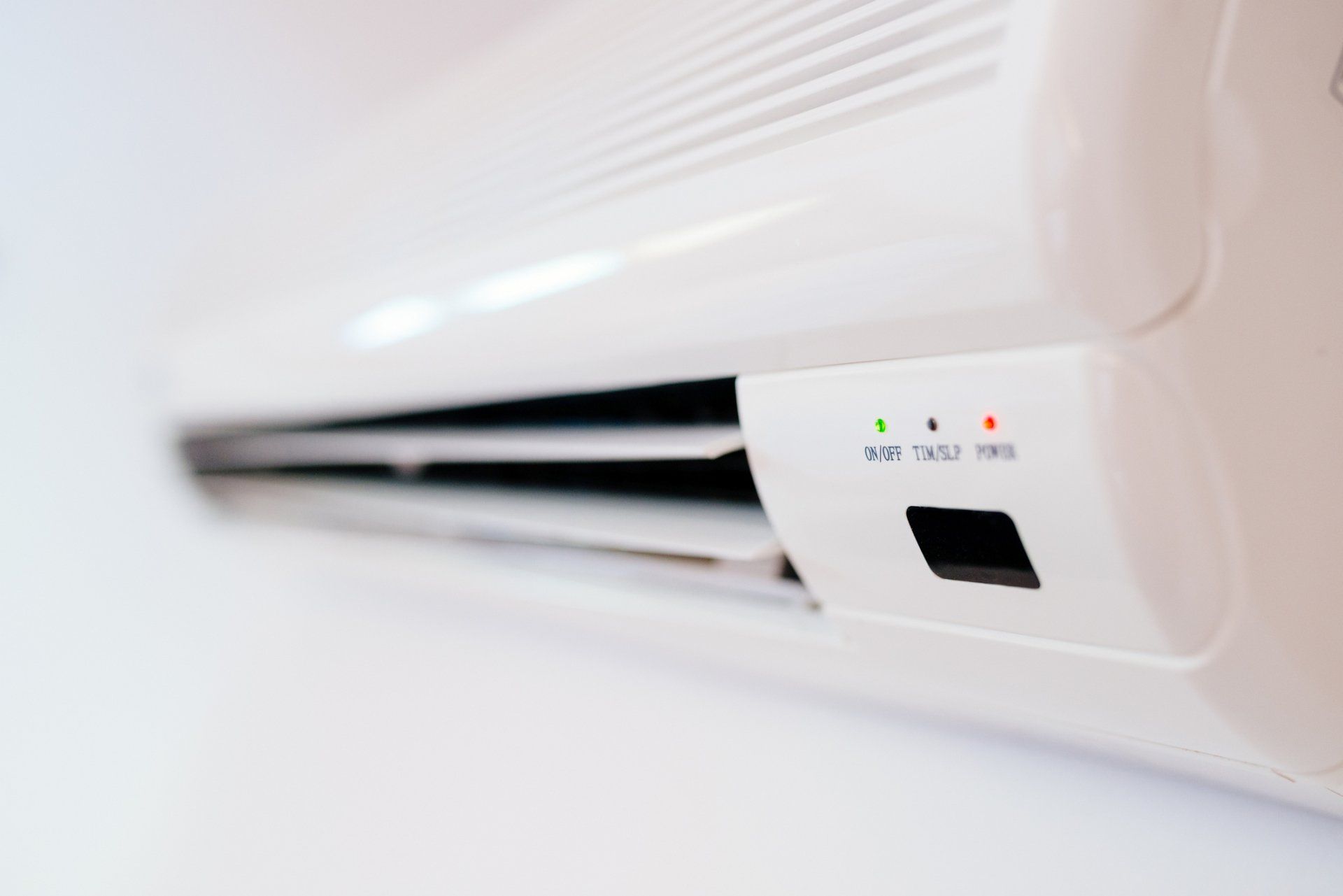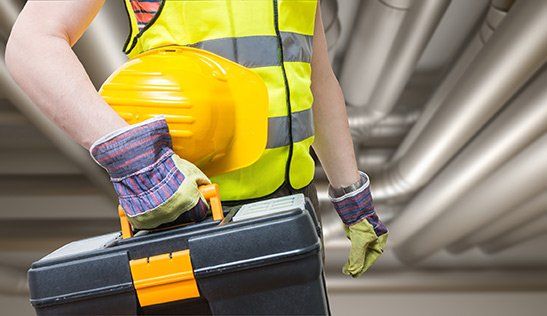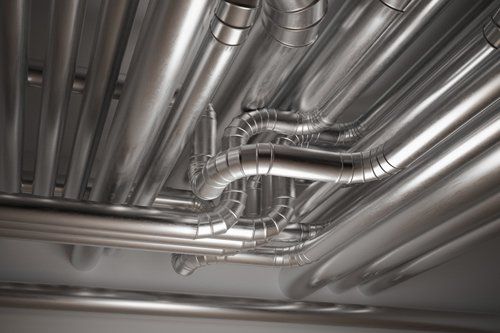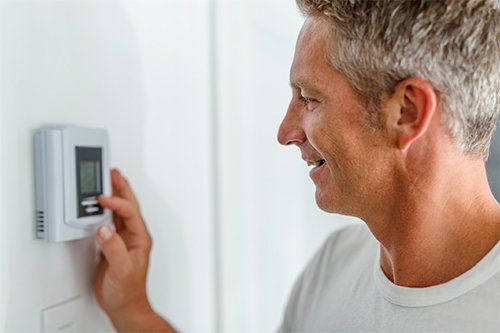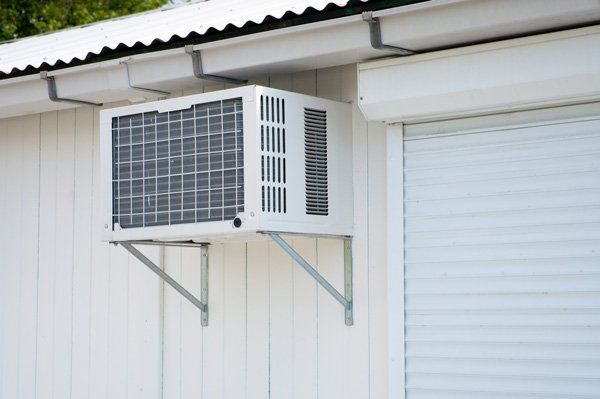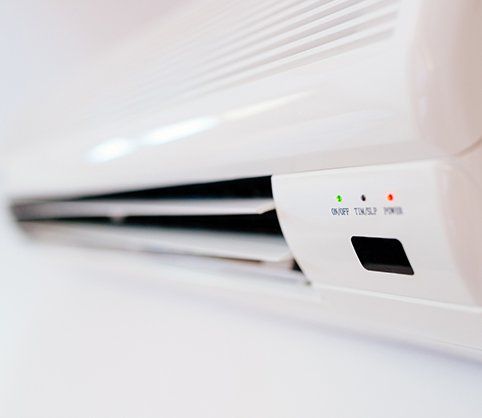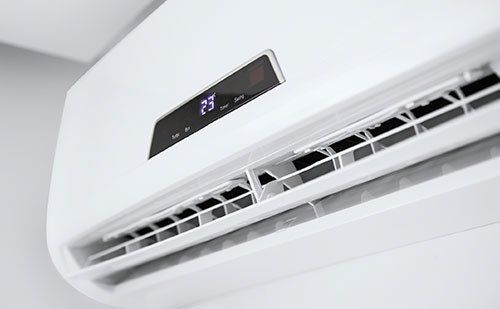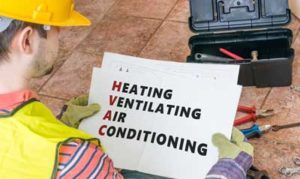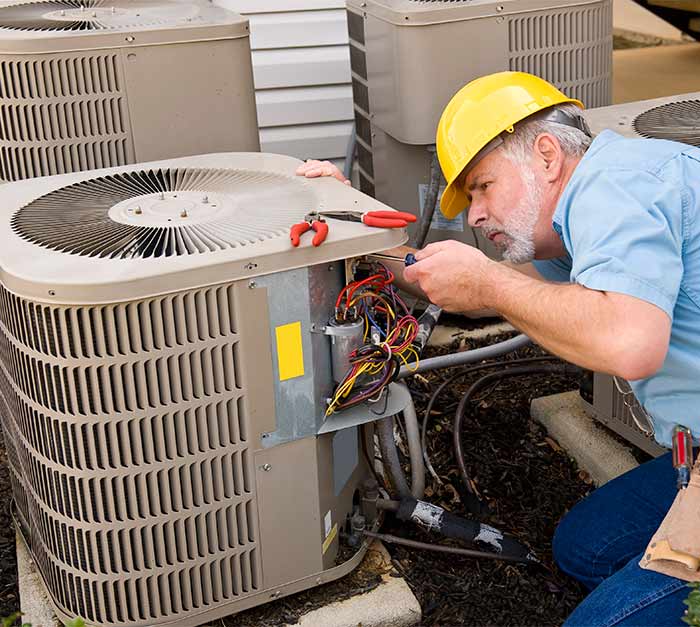Heat Pump Versus Traditional Furnace
- By Admin
- •
- 25 Mar, 2019
- •
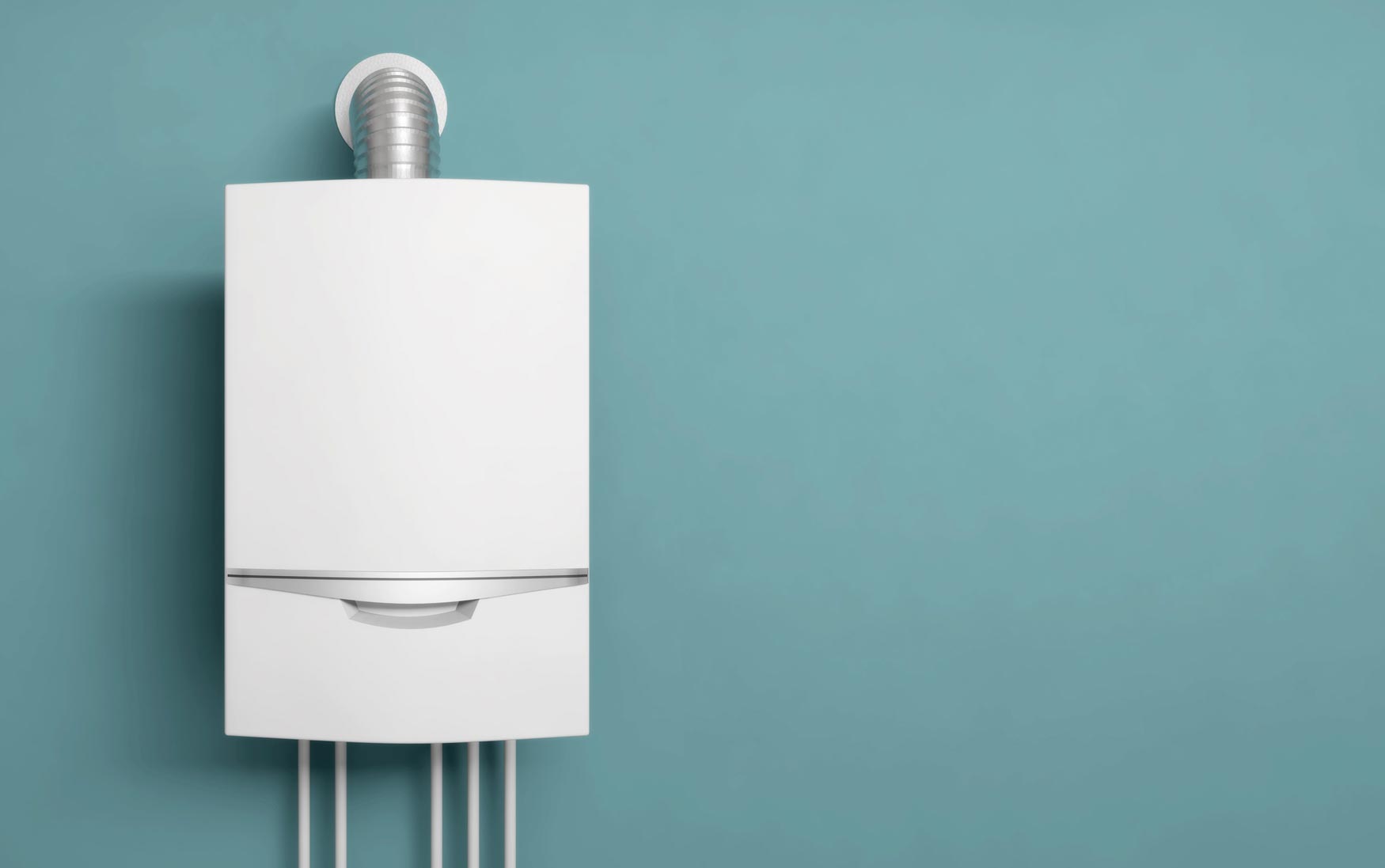
There are many ways to heat your home, but more and more homeowners are considering a heat pump instead of a traditional furnace. If you like to see energy savings each month, you too may be considering switching to a heat pump. Before you do, however, check out these facts about heat pumps versus traditional furnaces.
Both Rely on Ducts
Both heat pumps and furnaces rely on a series of ductwork to transport heated air. The ducts are hidden in walls, ceilings, the attic, basement, crawlspaces, etc., which can make them difficult to maintain and monitor. Unfortunately, neglecting to maintain your ducts can cause serious problems, such as holes, which allow air to escape.
Uninsulated ducts in certain areas (attic, crawlspace, etc.), can lose heat because the air around the ducts is cooler. In turn, this forces you to use more energy to get warm. They can also get dirty, which forces your system to work harder and thus wear down faster.
If you don't already have ducts in your home, neither a heat pump nor a traditional furnaces may be the right choice. Adding ducts can cost you an extra $16 to $19 per 10 liner feet. Depending on the size of your home, this can make getting a heat pump or furnace too expensive. In this case, you may want to consider radiant heating or a mini-split system.
Furnaces Are More Effective
If you live in a cold climate, your best choice is probably a traditional furnace because they are extremely effective. With a furnace, the home reaches a comfortable temperature quickly. You can also tend to reach higher temperatures than with some other heating solutions, including a heat pump.
Furnaces are so efficient because of how they work. Air is completely heated in the furnace to the desired temperature and then sent through the home. A heat pump still uses refrigerant and heat coils, but it isn't as effective at heating the air.
This is because a heat pump is designed to pull heated air from outside. The heat pump then helps warm the air up a little more before sending it throughout the home. If you do choose a heat pump, you may still need a backup furnace or portable heaters to pick up the slack in cold winters.
Heat Pumps Are More Efficient
Because heat pumps use less energy to heat the air, they are more efficient, which saves you money each month in energy bills. Two types of heat pumps are available: air-source and geothermal. Air-source heat pumps pull heat from the outside air, making them a little less efficient than geothermal systems, which pull heat from the ground.
Geothermal systems are much more expensive to install, but they last a long time and are also more effective than air-source heat pumps because heat is easier to find in the ground versus the air (especially in the cold winter months). Therefore, you may not need a backup system, depending on where you live.
Traditional furnaces aren't usually the most efficient because they use so much energy to be so effective. You can, however, choose a furnace with zoned heating. This boosts efficiency because it allows you to only heat certain parts of the home without straining the system.
Traditional furnaces and heat pumps are both great options to warm your home. You'll see better savings with a heat pump, but you'll get better performance from a furnace. For more information about which choice may be right for you or if there is a better heating choice for your home, contact us at Robert L. Shealy Heating & Air Conditioning today.








